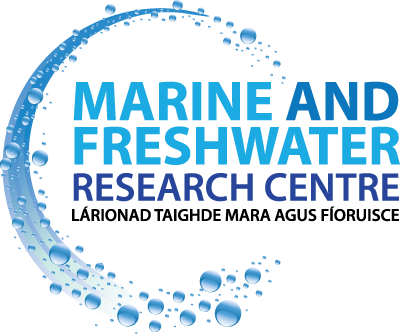Monitoring and evaluating targeted mitigation approaches to improve water quality

Declining water quality is an issue of global concern. Over half of the surface waters in the European Union are failing to achieve the minimum threshold required under the Water Framework Directive, with a similar pattern apparent in Ireland. Nutrient enrichment, coupled with excess sediment inputs are the primary pollutants for most freshwater ecosystems, with […]
Breeding Waders European Innovation Partnership
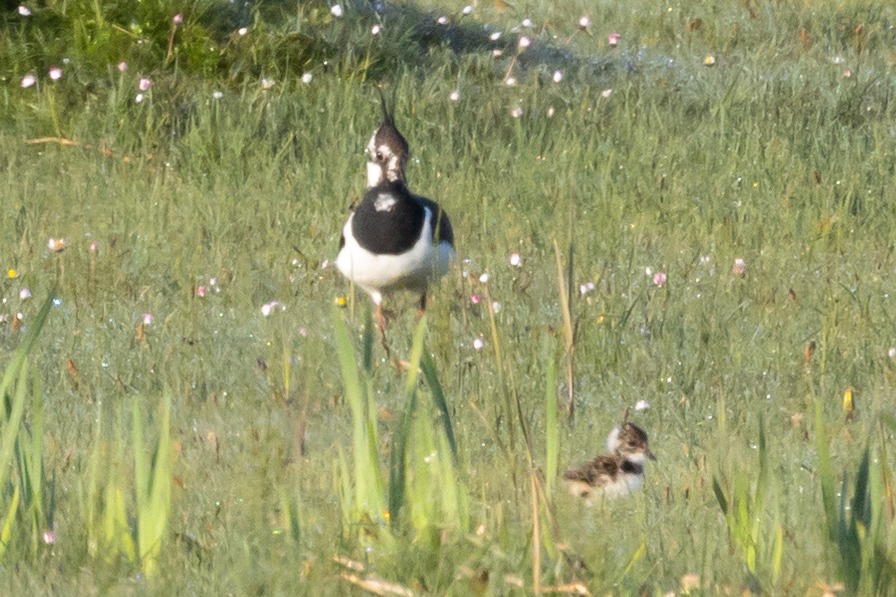
The Breeding Waders EIP project aims to secure existing Breeding Wader populations and support population recovery through research, landscape management and policy development. This EIP-Agri project is a €25 million nationwide programme, co-funded by the National Parks and Wildlife Service and the Department of Agriculture, Food and the Marine. Co-ordinated by Irish Rural Link, the […]
Assessing the use of Uncrewed Aerial Vehicles to monitor Ireland’s Marine Protected Areas and provide best practice advice
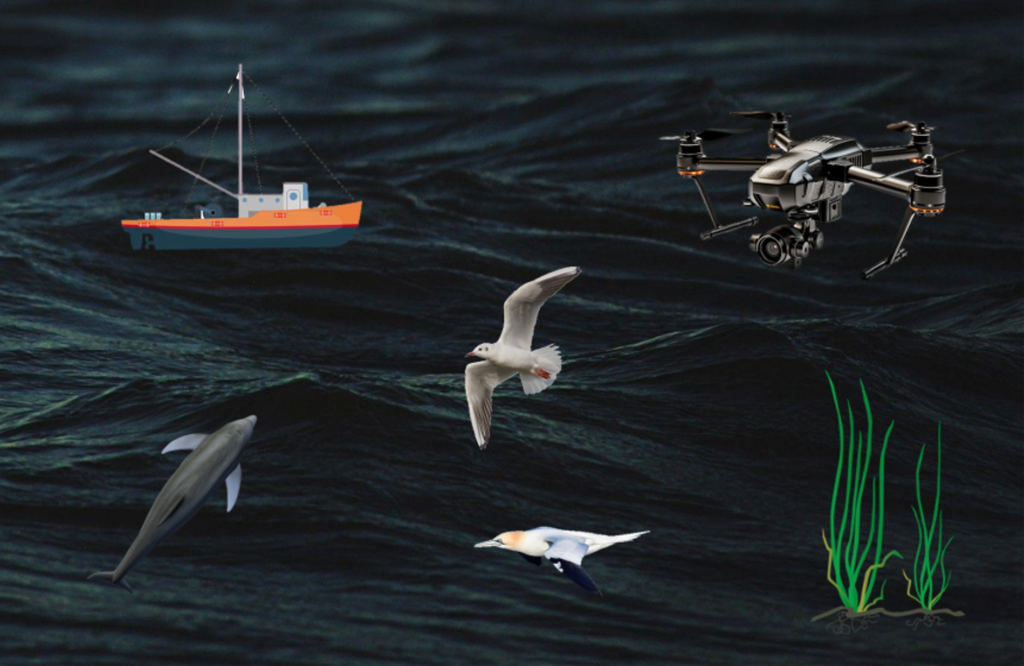
Marine Protected Areas (MPAs) are essential tools for the conservation of marine and coastal biodiversity. In Ireland, there is an urgent need to assess best monitoring practices that would allow MPA legislation to establish a well-thought out management framework, and minimise any management that would jeopardizes conservation goals. Uncrewed aerial vehicles (UAVs) also commonly known […]
Epiphytic assemblages associated with cultivated sea moss in Grenada, WI
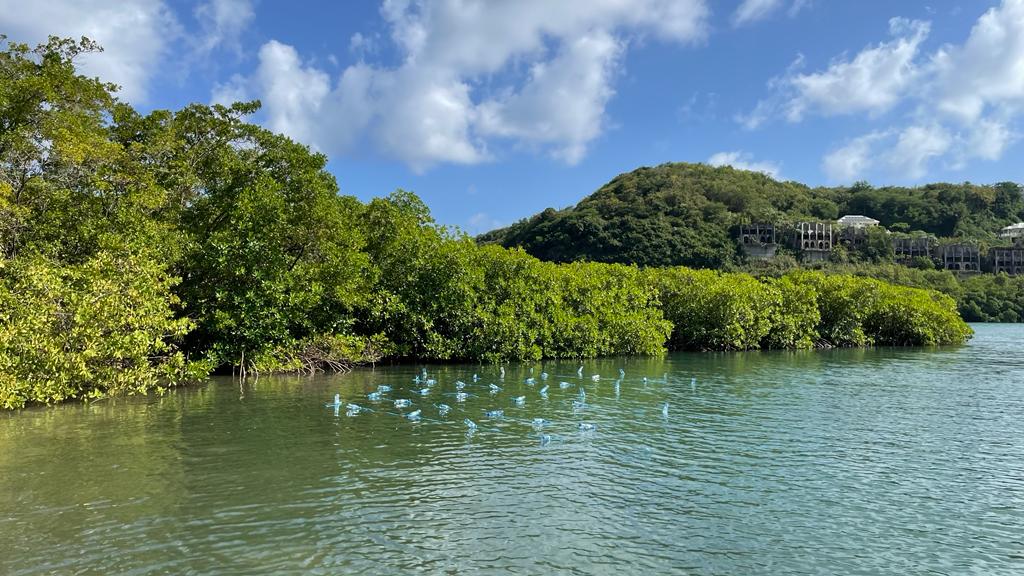
The introduction of sea moss farming into Grenada, and in general on the east Caribbean region, has offered alternative livelihoods for coastal communities, addressing issues of poverty and alleviating over exploitation of reef resources. Information regarding growth rate of the cultivated species in Grenada is non-existent. The data recorded from other Caribbean islands indicates that […]
Integrating eDNA in Marine Spatial Planning
This project aims to integrate eDNA and new biodiversity records to the MSP monitoring of marine communities by three main workflows: i) Refine eDNA analysis pipelines introducing enhancements advancing the effectiveness of metabarcoding approaches for their trustworthy application in MSP EU guidelines for marine assessment; ii) Collect molecular data and screen biodiversity in a different […]
Optimising non-invasive genetic methods for surveying badger populations in Ireland
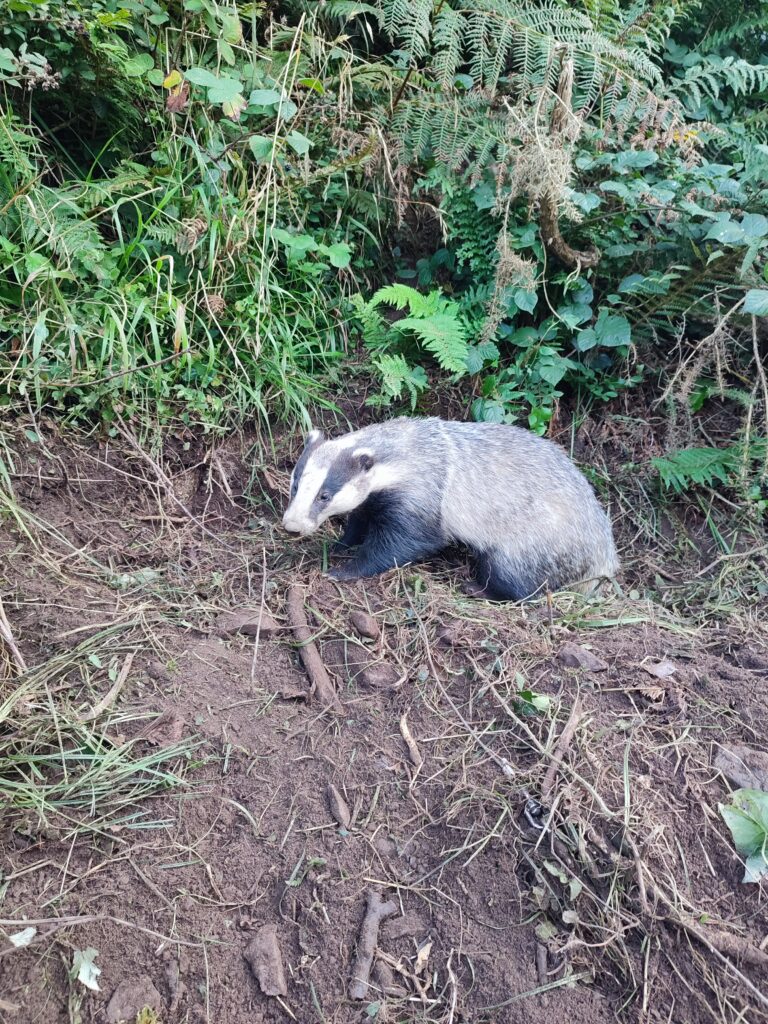
The European Badger (Meles meles) is considered to be an important host species for bovine tuberculosis (bTB) and are associated in the transmission of bTB infection to, and from, cattle. In recent years, there has been a movement away from badger culling to prevent bTB transmission via wildlife and a movement towards vaccination, under the […]
Oisre Conamara
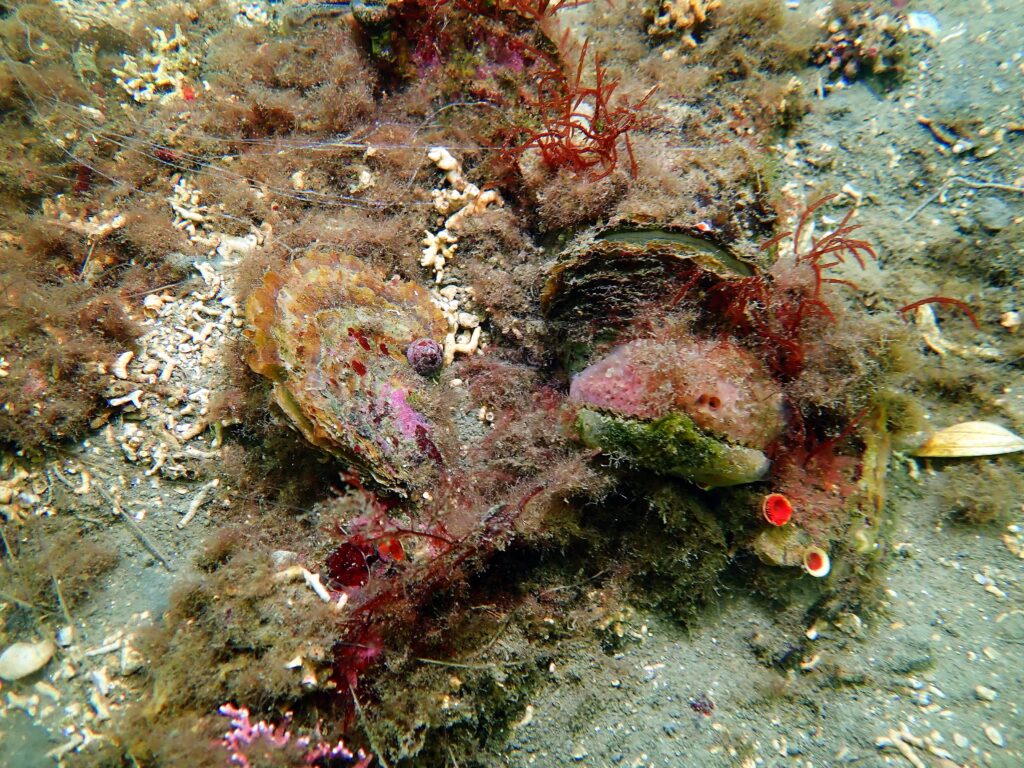
OISRE Conamara: Oyster Information and Scientific Restoration of Ecosystems of Conamara, is an ambitious ecological restoration project funded by the Irish Research Council (IRC) and Údarás na Gaeltachta under the IRC Enterprise Postgraduate Scholarship Scheme. The multidisplinary team of scientific divers and ecologists at ATU, in collaboration with the Comharchumann Sliogéisc Chonamara Teo shellfish co-op, […]
MERMEID – Marine macrofauna diversity using eDNA
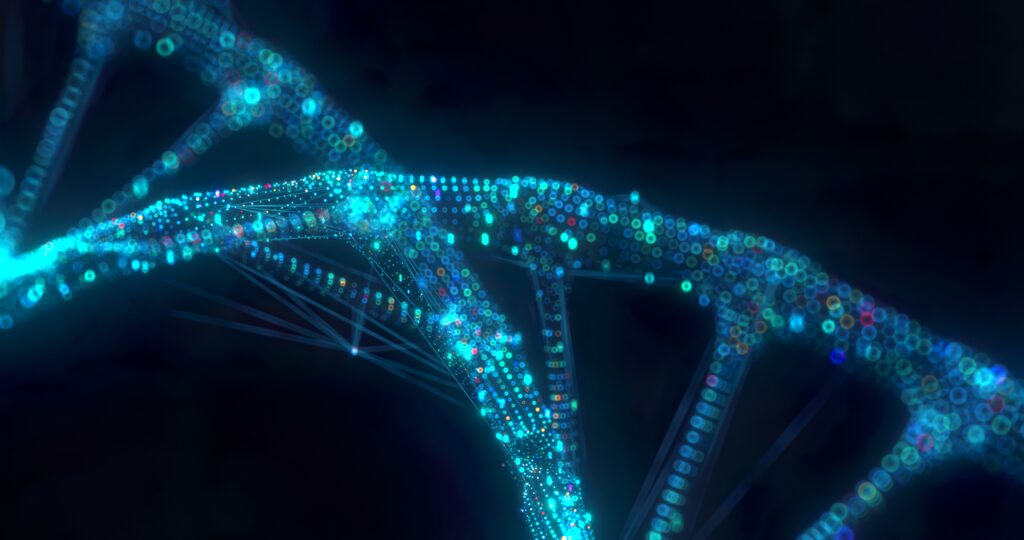
This project aims to integrate novel environmental DNA (eDNA) methods with multidisciplinary data for the monitoring of megafauna at a range of infrastructures including cabled observatories as well as aboard research vessels. Objectives of this project include: (1) design and implement ad hoc eDNA protocols and pipelines to be applied in situ in a range […]
Mytilus species complex genomics
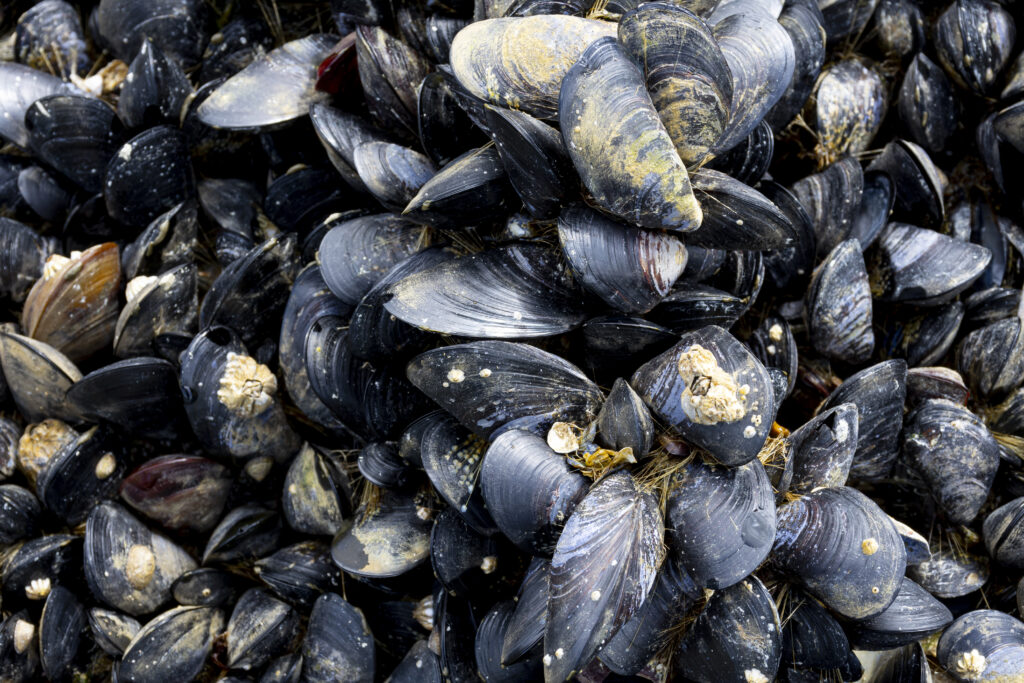
The blue mussel (Mytilus spp) is an ecologically and economically important marine bivalve that plays key roles in coastal ecosystems as well as the seafood industry. This species is found around the entire Irish coast, where it co-occurs and hybridizes with the non-indigenous Mediterranean mussel (Mytilus galloprovincialis). A better understanding of genetic structure and connectivity […]
Using desmid community diversity as an indicator of land use impacts in blanket bog catchments
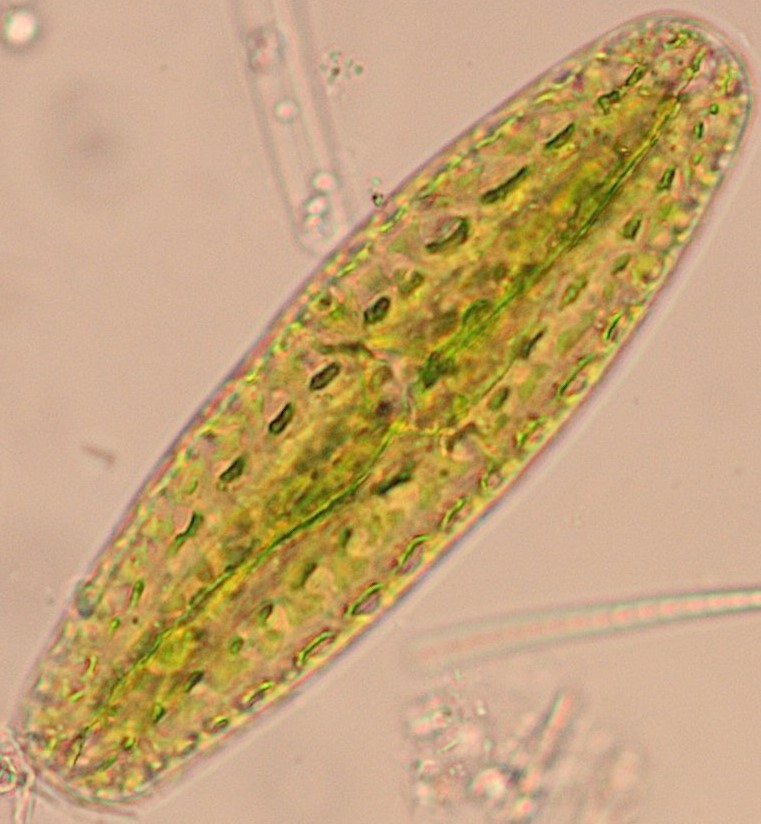
This NPWS funded research project (2023) is led by ATU Galway City. The aim of this project is to identify differences in desmid (a type of phytoplankton) community composition among dystrophic lakes impacted by different land-uses (grazing, peat cutting, forestry and unimpacted). This information will be used to develop desmid species lists to indicate whether […]
